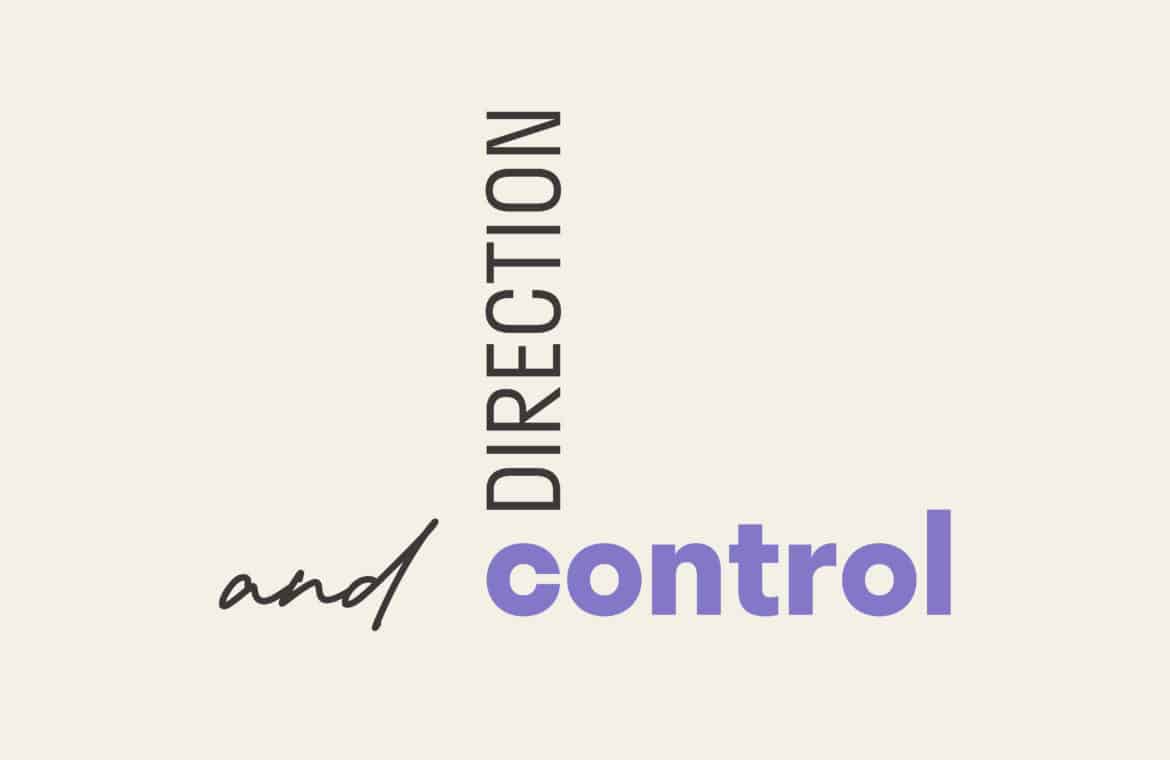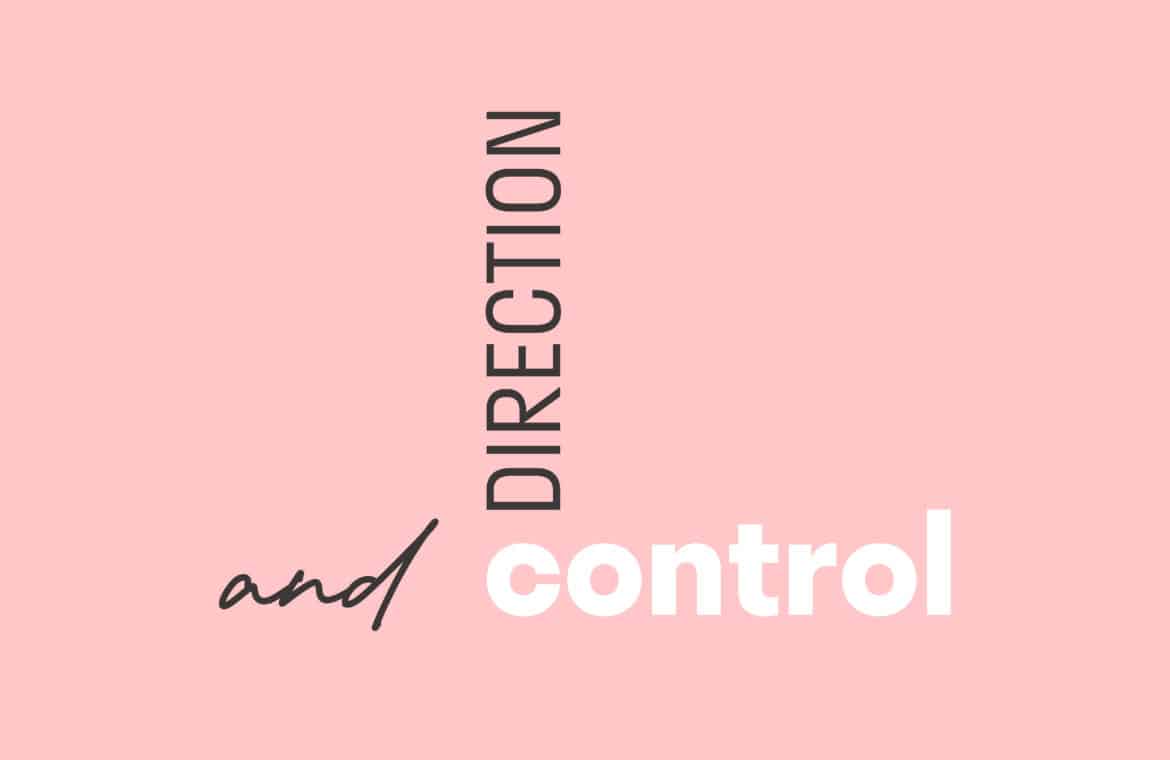The sector speaks loudly on Budget Implementation Act, but has it been heard?
With the government poised to enact legislation that threatens to set back efforts by charities to more easily fund “non-qualified donees,” the sector has mounted a full-throated pushback.




